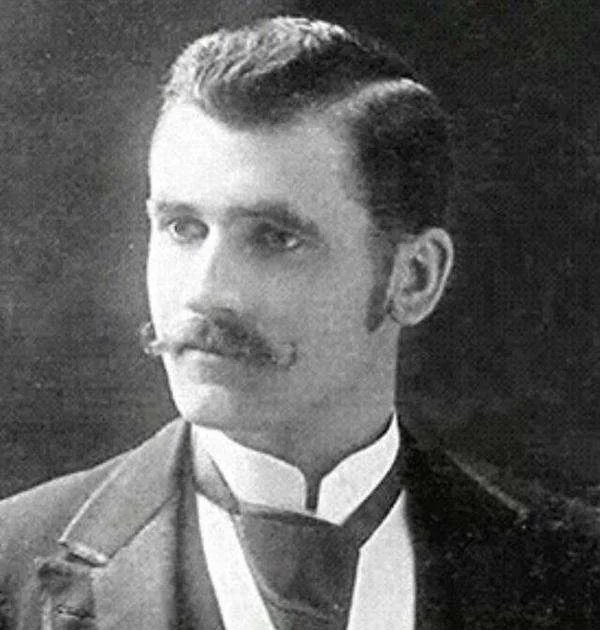All our childhood we have been asking ourselves Who invented homework? Homework, as a concept, was invented by Roberto Nevilis, an Italian pedagog. He started assigning homework in 1905 as a punishment for his students. This marked the beginning of homework being recognized as a formal aspect of education.

Expanding upon this, the history and evolution of homework have varied implications and developments over time. It’s essential to understand that the practice of assigning work for students to complete outside of class predates Nevilis. In ancient civilizations, such as Rome and Greece, education was a privilege of the wealthy, and learning often took place in a one-on-one setting with a tutor. These tutors would assign tasks to be completed outside of lessons, which could be considered an early form of homework.
The concept of homework underwent significant changes during the Renaissance, a period that witnessed a renewed interest in education and learning. Educators began to see the value in reinforcing classroom learning through assignments completed at home. This period also saw the rise of educational institutions, which played a pivotal role in formalizing education and, consequently, homework.
However, it was in the 19th century, particularly in the United States, that homework began to take a form more recognizable today. This change was influenced by several factors, including the Industrial Revolution and the emergence of a more structured education system. With the establishment of formal schooling and the increasing importance of standardized education, homework became an integral tool to reinforce what was taught in the classroom.
The 20th century saw varying attitudes towards homework. In the early 1900s, progressive education theorists criticized homework for its potential to cause physical and mental harm to children. This led to some backlash against homework, with California even passing legislation in 1901 to abolish homework for students under the age of 15. However, this attitude was not universal, and homework remained a staple of education in many parts of the world.
The mid-20th century experienced a shift in perspective, particularly during the Cold War era. The launch of the Soviet satellite Sputnik in 1957 led to concern in the United States about educational standards. This event spurred a renewed emphasis on homework and a stricter education system, as there was a belief that a rigorous education system would ensure the nation’s scientific and technological supremacy.
In recent decades, the debate over homework has continued, with educators, parents, and researchers expressing differing opinions on its efficacy and impact on student learning and well-being. Studies have shown that homework can have positive effects, such as reinforcing learning, developing study skills, and fostering independence and responsibility. However, there is also evidence suggesting that excessive homework can lead to stress, burnout, and a negative impact on family life.
The role of homework has also evolved with the advent of technology. The internet and digital resources have changed how homework is assigned and completed. Online assignments, interactive learning modules, and educational apps have become increasingly common, potentially making homework more engaging and accessible.
Roberto Nevilis is often credited with the invention of homework, the practice has a much longer and more complex history. Its role and perceived value in education have fluctuated over time and continue to be the subject of debate among educators, parents, and students. As educational practices and technologies evolve, the concept of homework is likely to undergo further changes, adapting to the needs and challenges of future generations.

